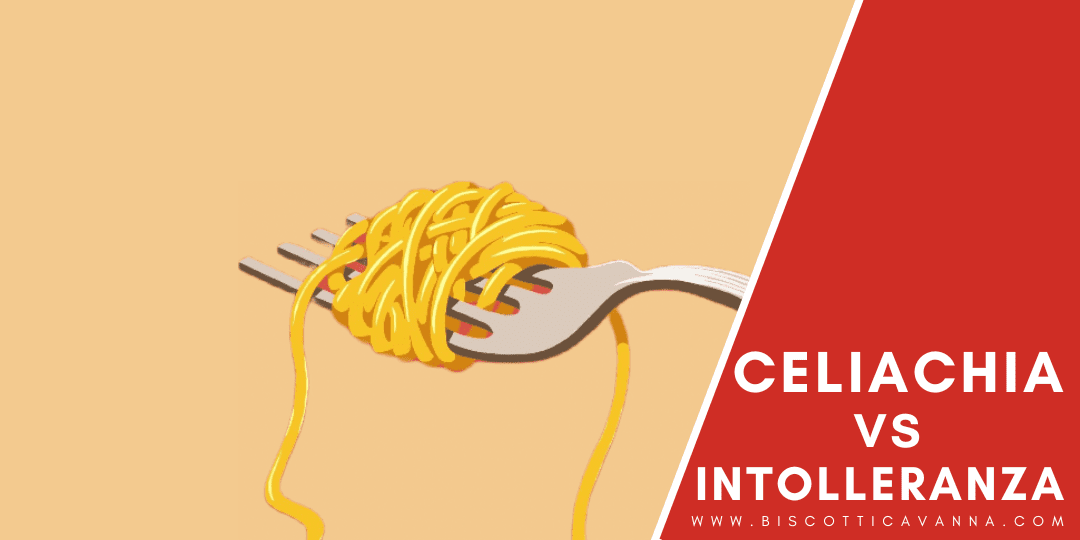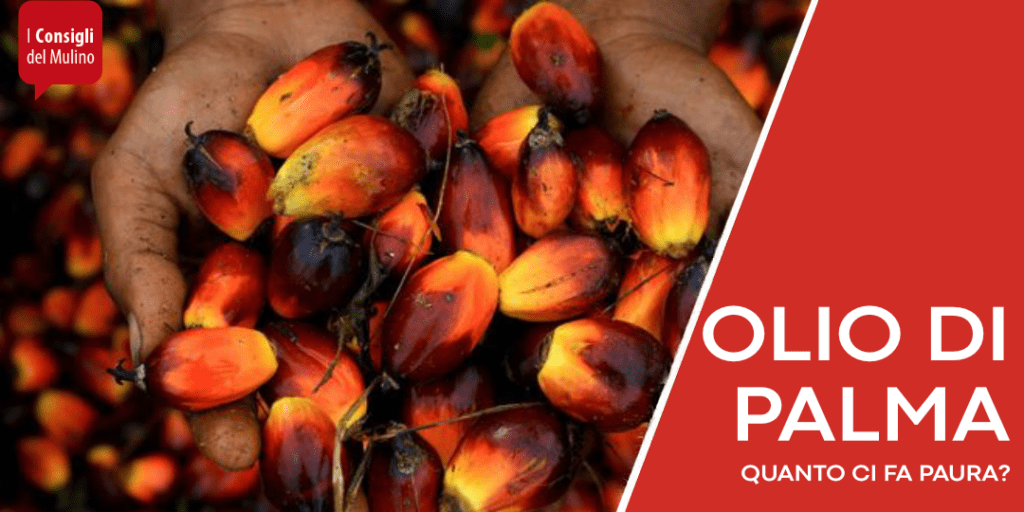In the field of food intolerances, gluten intolerance is among the best known and most widespread: the percentage of people who have to deal with this condition every day is steadily increasing and also affects children.
That of gluten sensitivity is a complex topic that medicine has not yet fully resolved, as there are currently no definitive “cures” for gluten-related disorders.
If you suffer from this condition, don’t worry: experts will know how to suggest the best dietary regimen for a diet that is complete and balanced.
But let’s get some clarity…
CELIAC DISEASE VS GLUTEN INTOLERANCE/SENSITIVITY
- CELIACHIA is a permanent inflammatory-based disease of the small intestine caused by an autoimmune reaction to gluten.The only cure for celiac disease is a strict GLUTEN-FREE DIET that is careful about the foods to be used and possible and possible contamination.
(Here you can find the“ABC OF THE CELIAC’S DIET” where the foods allowed, those at risk and those to avoid are listed)
This means that a person with celiac disease must consume products that are certified GLUTEN FREE (with the ear crossed out) where this guarantees the complete absence of contamination and therefore poses no health risks.
In fact, ACCIDENTAL CONTAMINATION (presence of traces of gluten within the food product due to accidental events, usually in contents at the limit of instrumental detectability) is sufficient to compromise the health of the celiac.
(If you want to learn more about the topic of contamination here is the link to the document of the AIC – Italian Celiac Association Document Contaminations )
- GLUTEN INTOLERANCE or HYPERSENSIBILITY is a physical condition that occurs as a result of gluten intake with symptoms at the intestinal level very similar to those of celiac disease.
(However, the symptoms are less severe because it is not an autoimmune disease and does not cause antibody-level reactions.)
It can present suddenly and at any age.
Gluten tolerance differs from person to person and therefore needs to be checked with caution, but the recommendation/care in this case is to follow a LOW GLUTEN CONTENT DIET
If you incur one of these conditions , your first concern is to find yourself giving up many of the dishes you used to eat.
But a gluten-free diet is less of a problem than one might fear, the restrictions are much less than onemight imagine, and this is because there are more and more products available on the market that consider not only the need to follow a gluten-free diet, but that focus on the nutritional well-being of those who consume them, without giving up, however, on flavor.
In this article, however, we tell you about the gluten free flours, what they are, why, when and how to use them, from the false myths to the secrets of getting them right in the kitchen.




